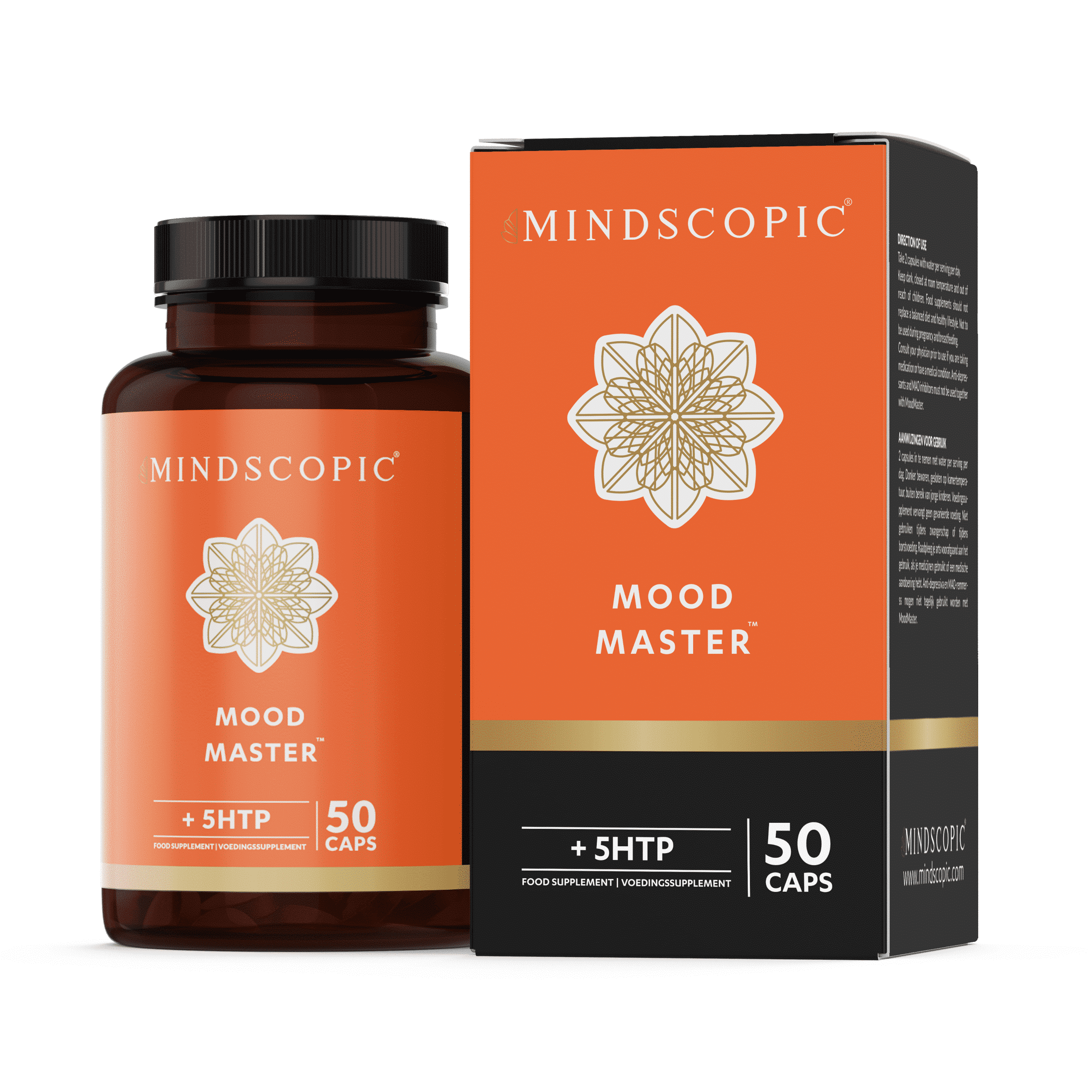The debate surrounding CBD oil and traditional medications sparks curiosity among individuals seeking effective remedies for various health concerns. Understanding the distinctions between these two approaches is vital in making informed choices regarding treatment options.
CBD Oil: A Natural Alternative
Mechanism of Action: CBD, a cannabinoid derived from the cannabis plant, interacts with the endocannabinoid system in the body. Its mechanism involves influencing receptors, potentially impacting pain perception, inflammation, mood regulation, and more.
Benefits and Potential Efficacy: Research indicates CBD’s potential in managing conditions like chronic pain, anxiety disorders, epilepsy, and inflammation. Its reported therapeutic benefits often appeal to individuals seeking natural alternatives with minimal side effects.
Safety Profile: CBD’s favorable safety profile is a significant factor, with limited reported adverse effects. However, further research is essential to comprehensively understand its long-term impacts.
Traditional Medications: Established Treatments
Scientific Basis and Regulation: Traditional medications undergo rigorous scientific testing, trials, and regulatory processes before approval. They are formulated based on specific chemical compositions and targeted mechanisms of action.
Efficacy and Known Side Effects: Traditional medications have proven efficacy in treating various health conditions. However, they might come with known side effects, some of which can be severe, leading to concerns about their long-term usage.
Regulatory Approval and Accessibility: These medications are subject to stringent regulatory standards, ensuring standardized quality and dosage. They are widely accessible through prescription and available in various formulations.
Comparative Analysis: Weighing the Pros and Cons
Effectiveness and Specific Conditions: CBD’s efficacy varies among individuals and conditions. While some find relief with CBD for certain ailments, traditional medications might offer more targeted and reliable results for specific conditions.
Safety Profile and Side Effects: CBD generally exhibits fewer adverse effects than many traditional medications. However, the lack of extensive research on CBD’s long-term effects prompts cautious consideration.
Legal and Regulatory Frameworks: While traditional medications have established regulatory frameworks, CBD’s legal status varies across regions, impacting its accessibility and standardization.
Conclusion: Navigating Treatment Choices
The choice between CBD oil and traditional medications isn’t straightforward. Each option presents its advantages and limitations, and individual responses vary. Consulting healthcare professionals and weighing factors like efficacy, safety, legal aspects, and personal preferences becomes pivotal in determining the most suitable treatment approach.
In essence, the comparative analysis between CBD oil and traditional medications underscores the need for an individualized approach, emphasizing the importance of informed decisions guided by professional advice and personal health considerations.



 Excellent rating on
Excellent rating on 










